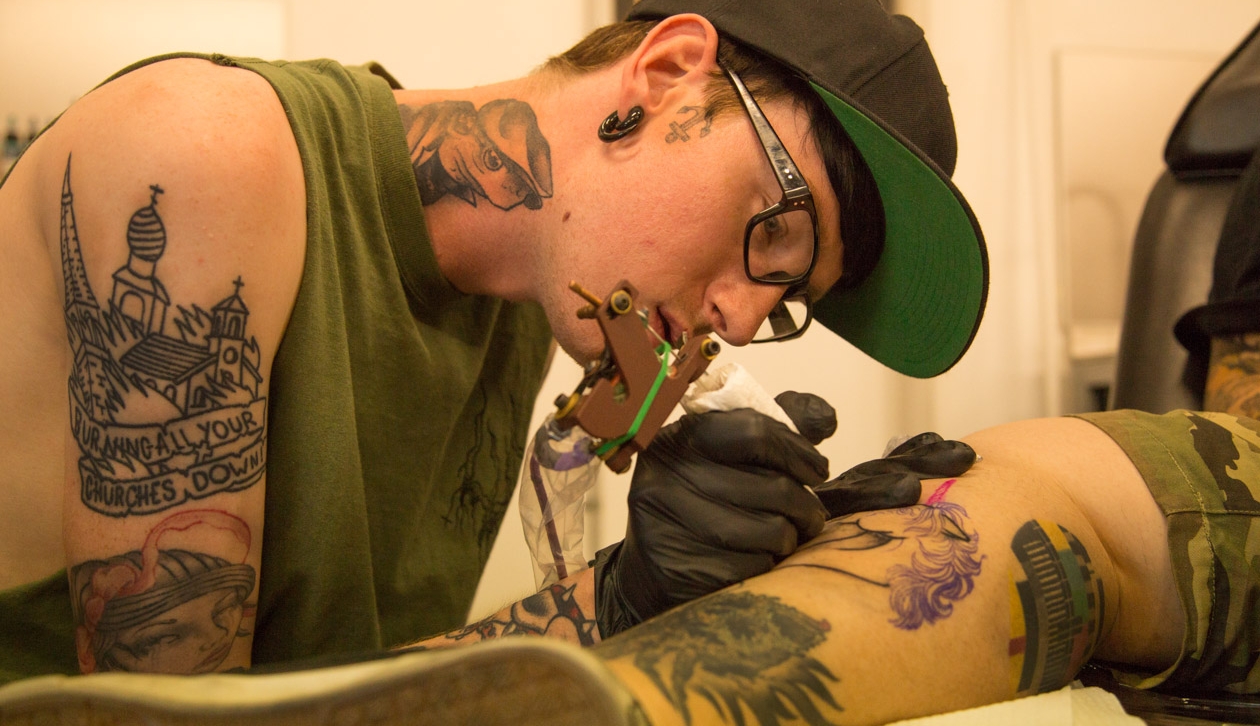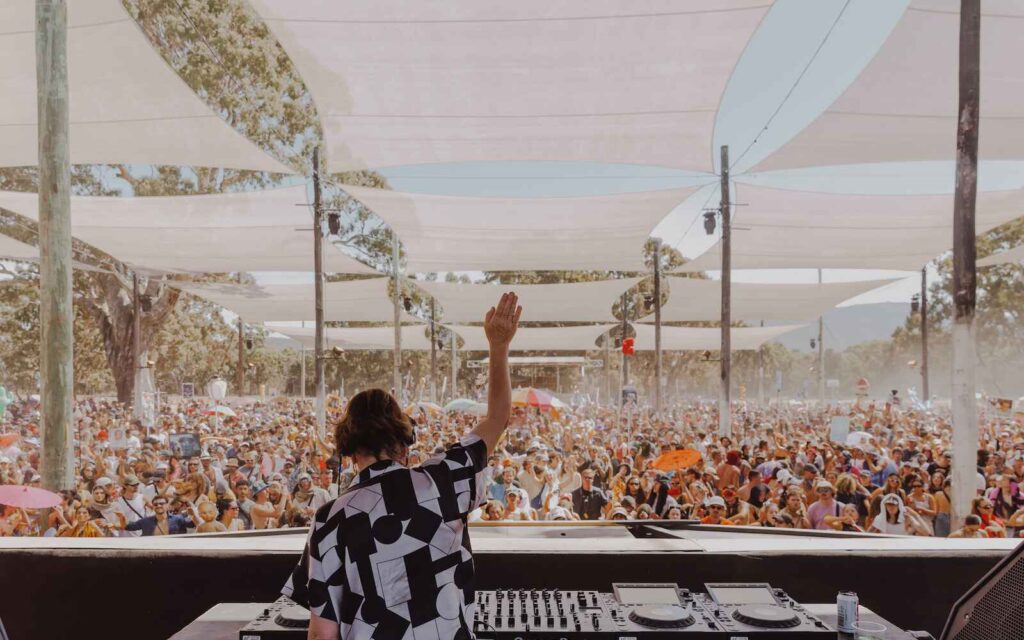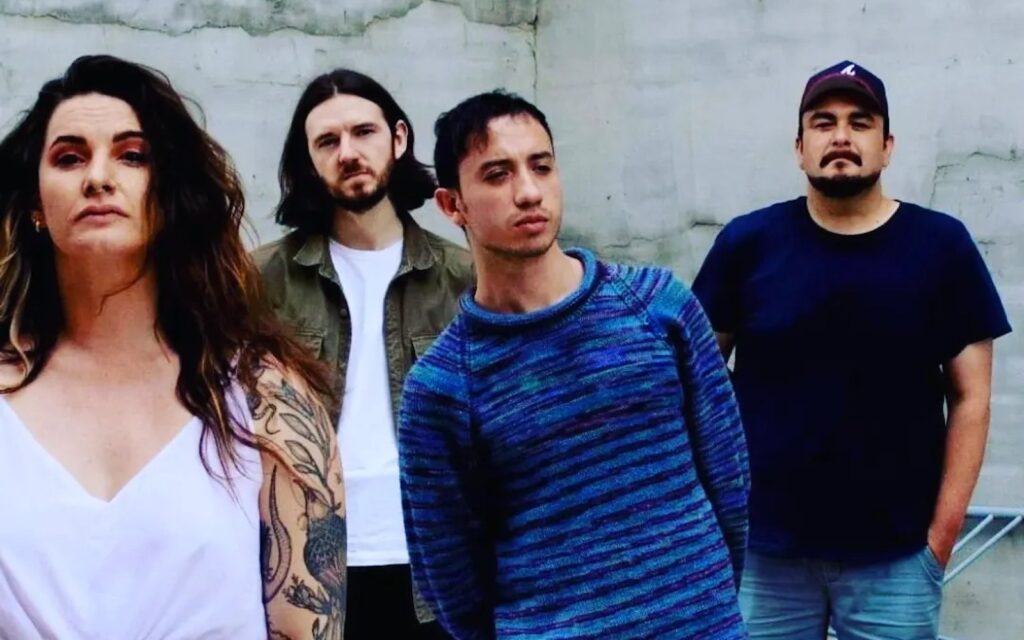“I want there to be two levels of enjoyment,” she says. “[It’s OK] if people who listen to my music just like music and they like to hear a beat and some cool percussive lyrics sung in a pretty voice. But I also want to provide, for people who want more out of music, something to take away and think about. Those two elements are what I love about music and what’s enriched my musical experiences.”
Building a reputation for outspokenness can feed expectations for ongoing shock value. Segal’s new record, An Easy Escape, contains plenty of discussion-stirring content but, unlike An Atheist Album, the messages aren’t so explicit.
“It’s a collection of songs that I’ve written over quite a few years,” she says. “This album feels a lot broader – this is more open to interpretation than the last record, which was very literal. Some of the songs on the record are travel songs, some of them are about love and relationships and experiences. All those things you can kind of escape into.
“Through the songs spanning over several years, it creates its own theme,” she continues, “because you’re changing and growing and the threads you carry through your life continue through your songs.”
Segal’s decision to employ lyrical ambiguity and let listeners attach their own meanings to the songs has already had radical consequences. The record’s lead single Morocco refers to a trip the songwriter took to the North African country in 2007, when she was 19. Segal intended the piece to be a positive account of how the travel experience puts personal worries into perspective. But lyrics such as, “Rasta, do you want to buy some weed?” have unwittingly sparked heated debate in the Moroccan press.
“I was really surprised by what happened,” she admits. “I’m also really glad that it happened. Obviously I don’t want people to be upset by my music. [But] it’s nice for a song to get a response and for people to actually engage with what you’re saying.”
The angriest feedback asserts that the song is critical of the Moroccan nation and insensitive to the hardships faced by its citizens. But not all of the surrounding discourse has been negative.
“There was an opinion piece in the Morocco World News by a graduate of Middle Eastern studies,” Segal says. “She wrote that a song that discusses those kinds of issues is a great way to facilitate discussion. She made a list of what people were talking about; issues with tourism, issues with the government in Morocco. [She] was saying that a song like that creates a space for discussion about those issues and that that’s a really positive thing.”
Notwithstanding the song’s provocative propensity, musically-speaking Morocco is a sprightly pop number. Segal recorded An Easy Escape in London with mainstream pop producer Tom Nichols (Kylie Minogue, Jessica Simpson) and his helping hand emphasises her penchant for easy-going, melodic accessibility.
“They’ve still got that folk aesthetic, where they’ve got some substance to the lyrics,” she says, “but he’s really brought this upbeat sound [to it]. During the recording he drew pictures of a smiling sun and he stuck them in every muso’s booth. He was like, ‘Look at the sun. We’re playing happy sounds!’
“I think it’s nice to have that upbeat feel,” she adds, “because a lot of my songs – especially my love songs – are pretty sad and contemplative. It’s nice to have something upbeat keeping everything pumping along.”
BY AUGUSTUS WELBY







